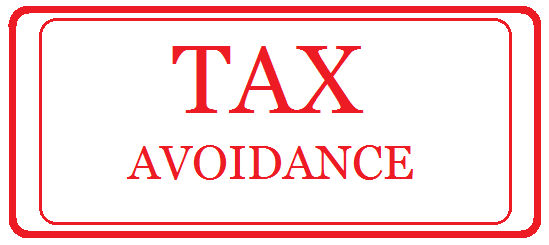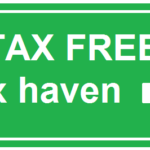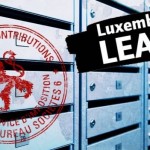Cyprus, Ghana and Kenya join growing list of countries to create beneficial ownership registries

An infamous tax haven in the heart of Europe and two of Africa’s largest economies will force companies to declare their owners, joining a growing list of countries responding to public pressure over crime and tax avoidance enabled by anonymous corporate vehicles.
Cyprus, Ghana and Kenya have finalized so-called “beneficial ownership registries” that require local companies to declare owners to national authorities. Law enforcement, transparency activists and tax inspectors have long recognized the value of such disclosures in deterring criminals and corrupt officials.
Spurred in part by scandals such as the International Consortium of Investigative Journalists’ 2016 Panama Papers investigation, more and more countries have enacted laws to create such registries or signalled an intention to do so.
Progress has been “considerable,” according to a 2020 review by the Tax Justice Network. As of February 2020, 81 countries approved laws requiring ownership information to be registered with national governments — more than double the number two years earlier.
In January, the United States Congress passed the Corporate Transparency Act, which requires company owners to identify themselves to the Department of Treasury. U.S. companies, especially limited liability companies, have a long history of abuse by fraudsters and foreign kleptocrats.
“Publications like the Panama Papers or the Paradise Papers have sparked an international awareness of how individuals take advantage and even abuse opportunities for tax evasion or fraud, through complex networks of offshore legal structures, but very opaque,” said Idriss Linge, a Cameroonian finance journalist and researcher. “The fact that the debate is internationalizing creates a snowball effect.”
Last month, Cyprus announced plans to introduce its ownership register, a requirement of the Mediterranean island’s membership of the European Union.
The move was warmly greeted by anti-corruption campaigners, especially in Russia and other former Soviet Union nations. Cyprus has long been a favored destination for Russian money – dirty and clean – thanks to a generous tax treaty between the countries and to weak Cypriot laws and enforcement. In 2019, the global anti-money laundering watchdog, the Financial Action Task Force, chastised Cyprus for “major shortcomings,” including a poor track record of tracing criminal proceeds generated outside the island. Authorities did not proactively track and freeze corrupt foreign money, the report said.
As part of ICIJ’s Panama Papers investigation, reporters revealed how Cyprus played a central role in suspicious money movements tied to a friend of Russian President Vladimir Putin.
“I believe this is delicate,” Panama-based attorney Jurgen Mossack emailed colleagues at the time about a $103 million deal that passed through Cyprus. Mossack was a co-founder of the law firm Mossack Fonseca, whose leaked files formed the basis of the Panama Papers investigation. He worried that “we could be witnessing payments of questionable origin and purpose,” according to the email.
Experts told Reuters in January that the new register may prompt company owners to flee Cyprus and establish companies in countries that do not have ownership reporting requirements.
The register’s contents will not be publicly available, however, frustrating advocates who argue that public information helps banks, researchers, policy makers and journalists.
Source: INTERNATIONAL CONSORTIUM of INVESTIGATIVE JOURNALISTS





























